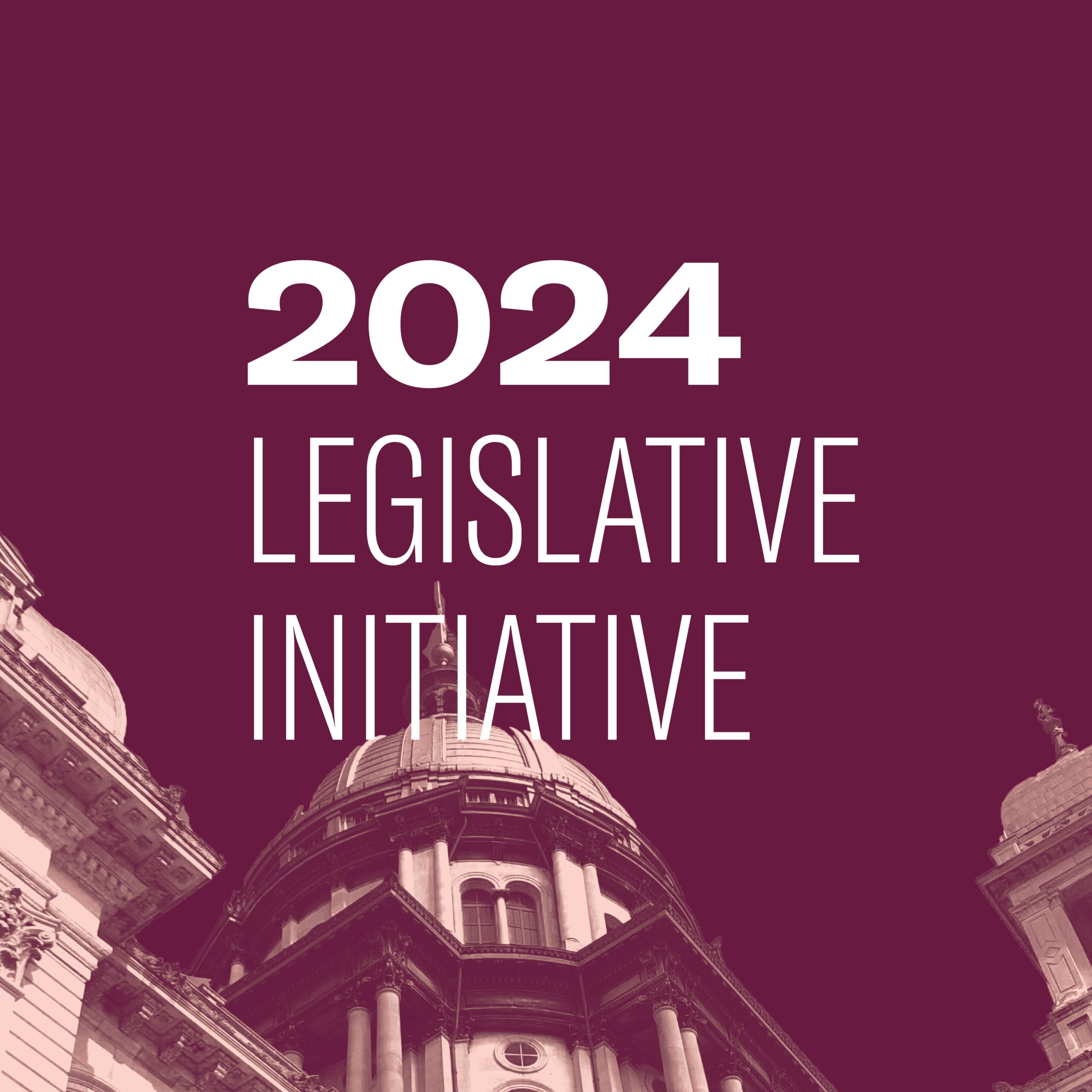HB 4781: Kinship in Demand Act (The KIND Act)
- Bill Number: HB 4781
- Session: 103rd
- Latest Update: February 10, 2024

Stay Informed
Sign up to be the first to hear about how to take action.
By completing this form, I agree to receive occasional emails per the terms of the ACLU’s privacy statement.
By completing this form, I agree to receive occasional emails per the terms of the ACLU’s privacy statement.

